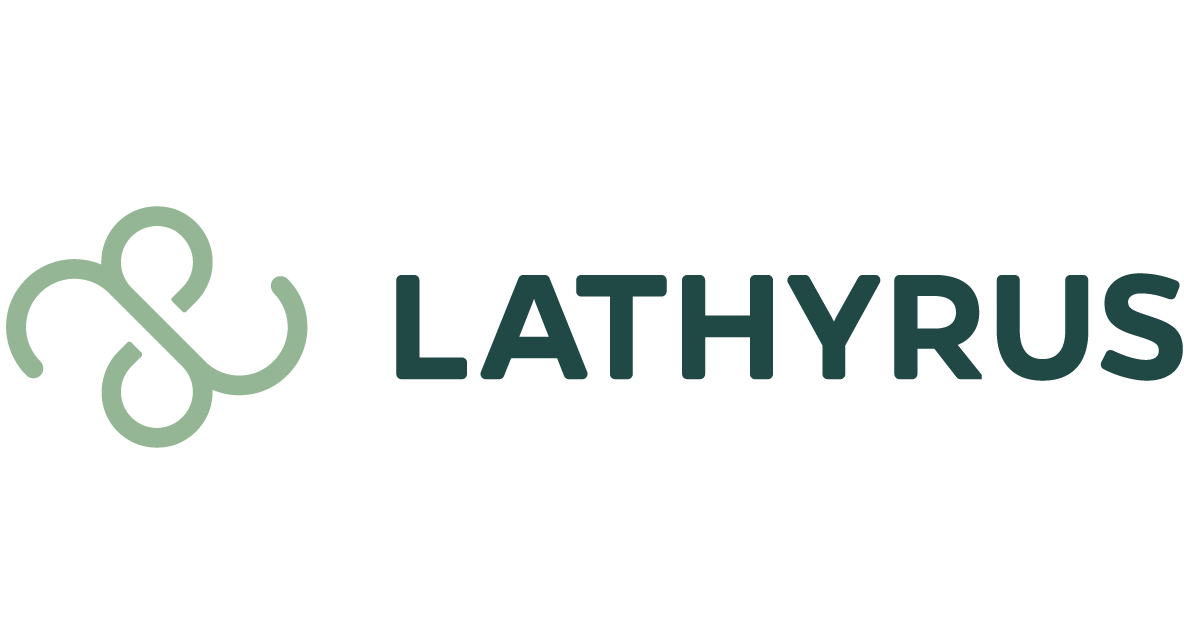Knowing the value of thinking together, I sometimes seek supervision to broaden my perspective in how I’m working with a client. Recently, my coach supervisor and I were discussing the parallels in how a client described being treated by their leaders, how they described treating their direct reports, my experience of the client; how defensiveness was showing up in all these relationships. With my eye squarely on the client’s behaviour, my supervisor suddenly turned the mirror. “And where are the parallels in you?” she inquired. “How do you undermine yourself?”
Oh, the power of a question.
As if a magician had pulled off a tablecloth to reveal a rabbit, suddenly I saw how shame was influencing my behaviour — not just in my interactions with this client, but pervasively.
“You’re writing about shame?” the imaginary reader in my head now says. “Have you been living under a rock for the past ten years? Don’t you know that Brené Brown has already done TED Talks and written books on this subject based on years of academic research? How could you possibly think you would have anything new or original to say?”
Ah, yes. Shame.
Before my coach supervisor asked that question, I would have said that while I’ve had experiences of shame, those have been rare and intermittent across my lifetime. Sure, I can empathize with Brené’s embarrassment about having outed herself on stage. I’m not a sociopath. But on a day-to-day basis, shame doesn’t have anything to do with how I think and feel.
But after that question?
I realize the insidiousness of a shame that is like salt in the water; something I’ve been swimming in, drinking, that’s always been here, invisible yet potent, the catalyst of both self-effacement and hubris, the wellspring of insecurity and self-sabotage.
With other emotions — fear, anger — I feel much more capable of noticing the emotion and working with it. Shame seems different. When I tell two friends about some difficult events from adolescence and early adulthood, I notice not just the shame I felt at that time in my life, but that I feel ashamed of that younger self now and, by extension, of me. In the experience of shame, I’m unable to find self-compassion.
What’s the point of this?
What is the purpose of shame? It keeps us in our place, keeps us conforming to the roles we’ve been assigned as children, women, men, indigenous people, people of colour. Shame disrupts our relationship with others, but also with ourselves. It keeps us separate; keeps us from telling the secrets to which shame is attached. In the experience of shame, trust dissipates.
Guilt, regret, remorse — as Brown points out, these emotions all provide information. They are signs of having made a mistake, and opportunities to change behaviour. Shame, on the other hand, is a lie.
Shame prevents us from being able to admit that we made a mistake, because we conflate that mistake with our value as a human being. Instead we defend or ignore those mistakes and persist in them. Shame prevents us from being able to say, “I’m sorry. What can I do to make amends?” Being unable to admit that we’re wrong becomes an obstacle to change. (Can you tell that I’m writing from experience?)
What is the antidote?
The antidote to shame, according to my counsellor friends, is a compassionate witness. The antidote is my friends walking beside me, putting their arms around my shoulders, feeling their love and support.
This just isn’t something that most of us, at least, can do by ourselves. We can dare to be vulnerable, to tell the secret of shame, but without the presence of an empathetic other, we risk being re-shamed or, as I had been doing, of re-shaming ourselves.
And why on earth would anyone want to risk being that freaking vulnerable? Why would anyone risk speaking out loud the things that make us feel most unworthy?
I can only answer that from my recent and tentative experience, which is this:
- That I feel a compassion for my teenage self that previously wasn’t there
- That having that self-compassion increases my capacity for non-judgement and compassion for others
- That I’m better able to align myself with my values instead of hurtful social norms
- That I am better able to acknowledge the mistakes of the past and learn from them
- That, trusting myself more fully, I feel more grounded, rooted, capable
And perhaps this is the deeper purpose of shame, if there is any, that in others so lovingly removing it, we experience a kindness and connection, with ourselves and others, that we may not have believed possible.
You are loved.
You are wanted.
You are enough.
You are not alone.
Are you ready to hold up the mirror? The How we self-sabotage assessment provides insights into the ways we undermine ourselves and act against our own best interests.
Copyright © 2023 Lynn Thorsell, All rights reserved.
Photo by Robert Thiemann on Unsplash
Thinking better << More Notes >> Why we don’t change


